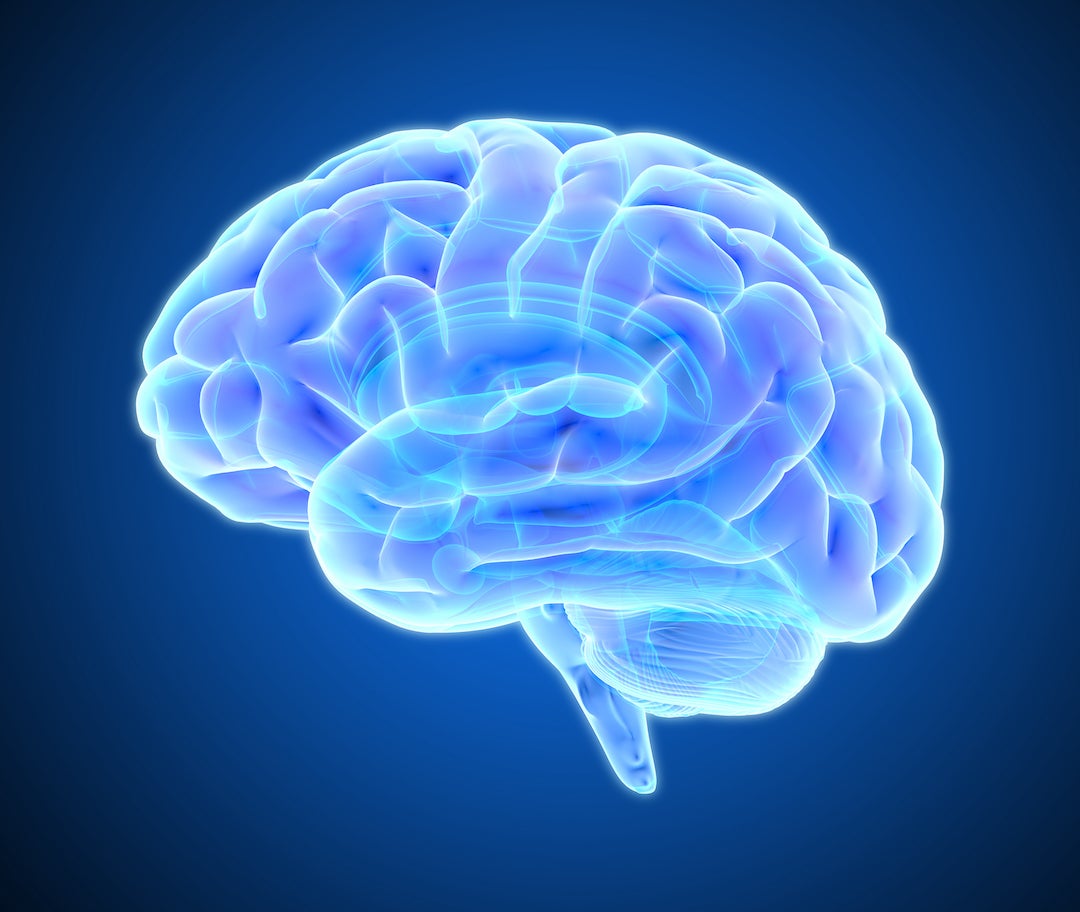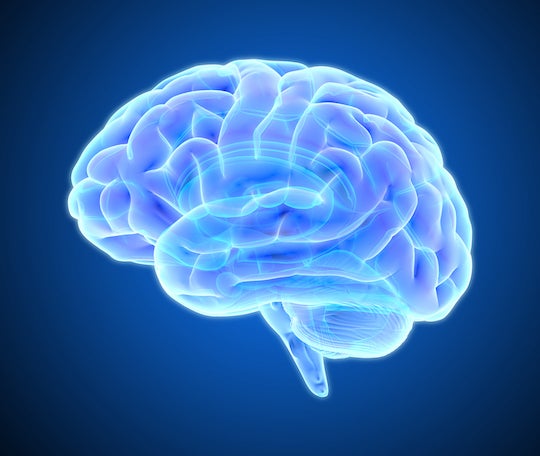Antidepressants only have about a 30% rate of effectiveness, and it can take a month or longer for them to fully take effect in patients. In addition, patients often have to try several different drugs before finding one that works.
A new study from Rice University will use MRI brain imaging to determine the effectiveness of antidepressants in patients and how they affect mood and memory issues associated with depression.

Stephanie Leal, the lead author of the study, said little is known about exactly how antidepressants work within the brain.
“We still really don't know how they work, even though they're the first line of treatment for depression,” she said. “So we're trying to better understand their effects through the use of imaging techniques coupled with analysis of memory and mood.
“We don't typically think of depression as a memory disorder, as mood is usually the primary focus,” Leal continued. “But there are cognitive changes in depression as well, with worse general memory but the tendency to remember negative events.”
Leal said preliminary research showed that effective antidepressants were associated not only with better mood and general memory, but also with fewer negative memories overall. The ultimate goal of the two-year project is to facilitate the design of better interventions.
“We hope examining brain function underlying memory and mood will provide more insight into depression and how to best treat it,” she said. “Many don’t respond to antidepressants, and we need to know why.”
The study is funded by a Young Investigator Grant from the Brain and Behavior Research Foundation.
More information on Leal and her research is available online at https://profiles.rice.edu/faculty/stephanie-leal .

